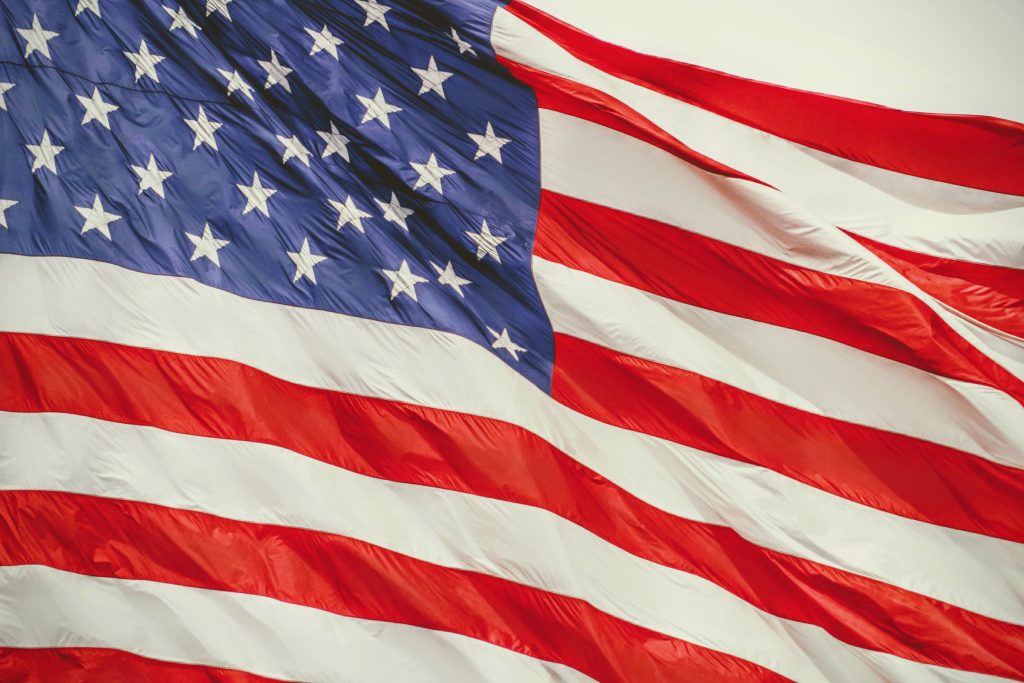
Last year, I signed Freedom Conservatism’s “Statement of Principles,” a call to “apply the timeless principles of liberty to the challenges of the 21st century.” I did so primarily because I believe that individual liberty is essential to human flourishing, but also because I believe these principles can inform my work at the Martin Center to renew and fulfill the promise of higher education—in North Carolina and beyond.
A commitment to liberty in higher education means a commitment to freedom of expression and conscience, academic freedom, viewpoint diversity, and a curriculum that prepares students to be future guardians of the liberties and institutions that have shaped our country. I also believe in the pursuit of happiness. Universities should prepare students to thrive, not just in their chosen careers but also as citizens and human beings, cultivating knowledge and wisdom as well as useful skills.
A commitment to liberty in higher education means a commitment to freedom of expression and conscience. I believe that America’s free-enterprise system is the foundation of our prosperity. Whenever possible, higher education should be subject to market forces. Innovation and competition should be fostered as a means to ensure that higher education provides value to students, parents, and society. I’m committed to reducing higher-education costs for students, parents, and taxpayers—an essential step toward “restor[ing] America’s fiscal sustainability, ensuring that future generations inherit a more prosperous and secure nation than the one we now inhabit.”
I believe in equal opportunity for all Americans, regardless of their superficial physical characteristics or national origin. That’s why I defend merit and excellence in higher education instead of focusing on shallow questions of identity. Equal opportunity informs my commitment to community colleges, as well, where all students have access to the promise of higher education.
It’s not always easy to apply these principles to education. For too long, America’s colleges and universities have been sheltered from market forces and distorted by a broken incentive structure. Higher education has become bloated and has drifted from its true purpose: the pursuit of truth. Across the country, governments have attempted to address the problems in higher education with more regulation, more money, and creeping intellectual conformity.
But with liberty as the lodestar of my reform efforts, I believe it is possible to renew the promise of American higher education. Liberty also guides our work at the Martin Center, where we envision a future where purposeful knowledge counts more than credentials, where public investment in higher education provides value to students and society, and where liberal learning is once again tailored to the cultivation of free and flourishing minds.
Jenna A. Robinson is the president of the James G. Martin Center for Academic Renewal.
